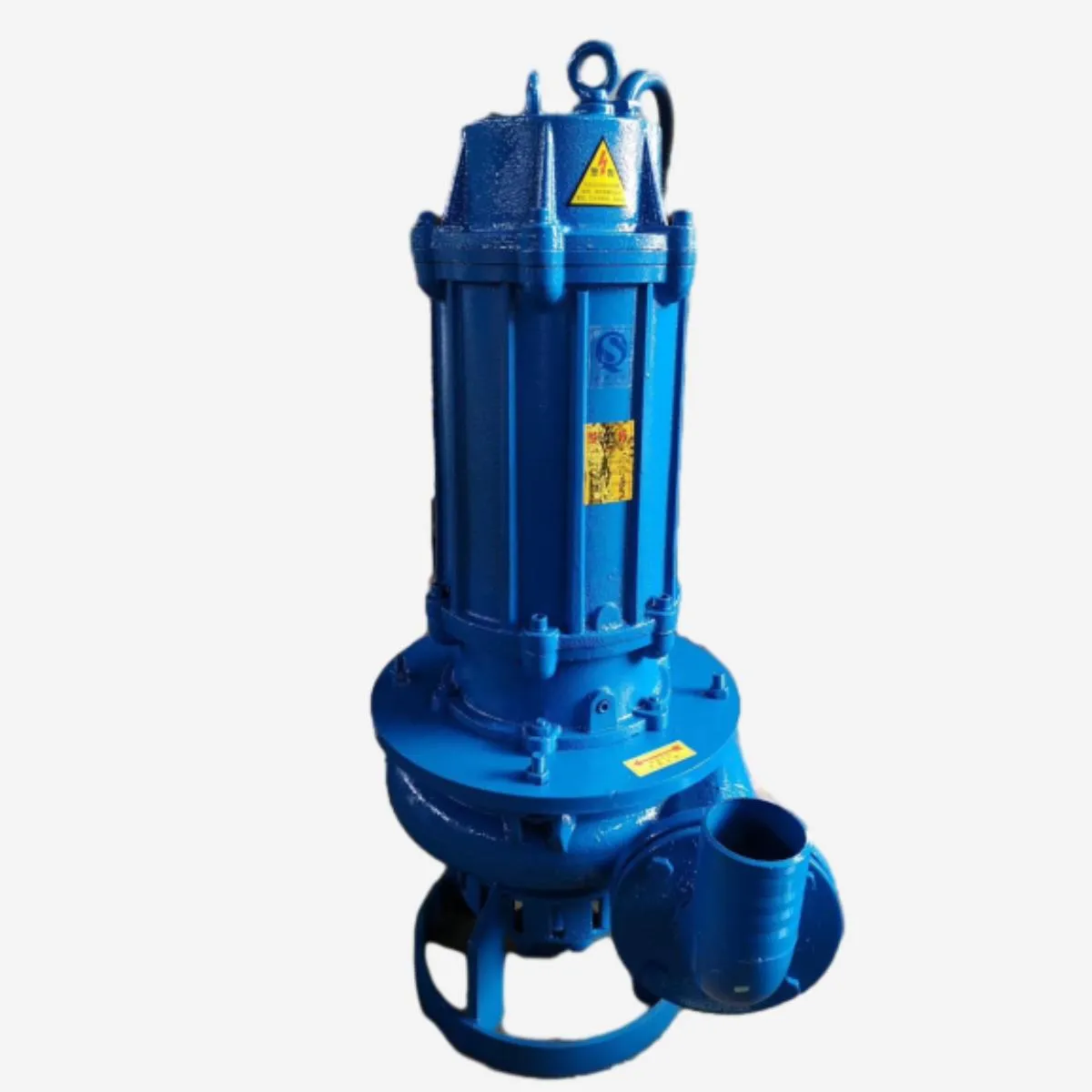Icelandic
- Afrikaans
- Albanian
- Amharic
- Arabic
- Armenian
- Azerbaijani
- Basque
- Belarusian
- Bengali
- Bosnian
- Bulgarian
- Catalan
- Cebuano
- Corsican
- Croatian
- Czech
- Danish
- Dutch
- English
- Esperanto
- Estonian
- Finnish
- French
- Frisian
- Galician
- Georgian
- German
- Greek
- Gujarati
- Haitian Creole
- hausa
- hawaiian
- Hebrew
- Hindi
- Miao
- Hungarian
- Icelandic
- igbo
- Indonesian
- irish
- Italian
- Japanese
- Javanese
- Kannada
- kazakh
- Khmer
- Rwandese
- Korean
- Kurdish
- Kyrgyz
- Lao
- Latin
- Latvian
- Lithuanian
- Luxembourgish
- Macedonian
- Malgashi
- Malay
- Malayalam
- Maltese
- Maori
- Marathi
- Mongolian
- Myanmar
- Nepali
- Norwegian
- Norwegian
- Occitan
- Pashto
- Persian
- Polish
- Portuguese
- Punjabi
- Romanian
- Russian
- Samoan
- Scottish Gaelic
- Serbian
- Sesotho
- Shona
- Sindhi
- Sinhala
- Slovak
- Slovenian
- Somali
- Spanish
- Sundanese
- Swahili
- Swedish
- Tagalog
- Tajik
- Tamil
- Tatar
- Telugu
- Thai
- Turkish
- Turkmen
- Ukrainian
- Urdu
- Uighur
- Uzbek
- Vietnamese
- Welsh
- Bantu
- Yiddish
- Yoruba
- Zulu
Telephone: +86 13120555503
Email: frank@cypump.com
nóv . 30, 2024 21:42 Back to list
septic submersible pump
The Importance of Septic Submersible Pumps in Wastewater Management
Septic submersible pumps are an essential component of modern wastewater management, particularly in rural and suburban areas where traditional sewage systems are not available. These pumps ensure the efficient removal and transportation of waste, providing a crucial service to households and businesses that rely on septic systems for the treatment of wastewater. In this article, we will explore the functioning, advantages, and maintenance considerations of septic submersible pumps.
Understanding Septic Submersible Pumps
A septic submersible pump is designed to be submerged in a septic tank or sump pit. Unlike surface pumps, which work above ground, submersible pumps operate underwater, allowing for the direct movement of wastewater from the tank to the drain field or other disposal areas. These pumps are typically made of durable, corrosion-resistant materials to withstand the harsh conditions of sewage environments.
The mechanism of a submersible pump is straightforward. It consists of an electric motor coupled with a pump body that contains impellers and volutes. The motor spins the impellers, creating a centrifugal force that moves the wastewater through the pump and out into the desired location. One of the key features of septic submersible pumps is their ability to handle solids, making them suitable for the challenging conditions present in septic systems.
Advantages of Septic Submersible Pumps
1. Space-Saving Design Since these pumps are submerged, they require less surface area compared to traditional pumps. This makes them ideal for properties with limited space.
2. Reduced Noise Levels Submersible pumps operate quietly because they are located underwater. This minimizes noise pollution, which is especially beneficial in residential areas.
3. Increased Efficiency Submersible pumps are generally more energy-efficient than conventional pumps. They can handle higher volumes of wastewater with less energy consumption, resulting in lower utility bills for homeowners.
4. Durability and Reliability Constructed from materials resistant to corrosion and wear, septic submersible pumps are built to last. They can withstand the rigors of continuous operation, making them a reliable choice for wastewater management.
septic submersible pump

5. Versatility These pumps are suited for a variety of applications, including septic tanks, sewage lift stations, and drainage systems. Their adaptability allows for greater flexibility in wastewater management solutions.
Maintenance Considerations
While septic submersible pumps are designed for durability and efficiency, regular maintenance is essential to ensure optimal performance and longevity. Here are some key maintenance tips
1. Regular Inspections Homeowners should periodically check their septic systems for any signs of malfunction, including unusual noises, odors, or backups in the drainage system.
2. Cleaning Solid waste and debris can accumulate over time, potentially clogging the pump. It is important to clean the pump regularly to prevent blockages.
3. Electrical Checks Since submersible pumps rely on electrical components, it's crucial to inspect the electrical connections and ensure they are in good condition to avoid power-related issues.
4. Pump Replacement On average, septic submersible pumps can last anywhere from 5 to 15 years, depending on usage and maintenance. It is advisable to replace the pump when it shows signs of significant wear or inefficiency.
5. Professional Servicing Engaging the services of a professional septic system technician can help identify potential issues before they become serious problems. They can also perform necessary maintenance and repairs more effectively.
Conclusion
Septic submersible pumps are vital for efficient wastewater management in areas lacking municipal sewer systems. Their compact design, operational quietness, and capability to handle solids make them an optimal choice for many property owners. By understanding how these pumps work and implementing regular maintenance, homeowners can ensure their septic systems function effectively, providing a clean and safe environment. As we continue to address the challenges of wastewater management, septic submersible pumps will undoubtedly remain a pivotal component of sustainable solutions.
-
High-Performance Air Pumps for Sand & Gravel | Efficient Transport
NewsAug.03,2025
-
ISG Series Vertical Pipeline Pump - Chi Yuan Pumps Co., LTD.|Energy Efficiency, Corrosion Resistance
NewsAug.03,2025
-
ISG Series Pipeline Pump - Chi Yuan Pumps | Energy Efficiency&Compact Design
NewsAug.03,2025
-
ISG Series Vertical Pipeline Pump - Chi Yuan Pumps Co., LTD.|High Efficiency, Low Noise, Durable
NewsAug.02,2025
-
ISG Series Vertical Pipeline Pump - Chi Yuan Pumps | High Efficiency, Low Noise
NewsAug.02,2025
-
ISG Series Vertical Pipeline Pump- Chi Yuan Pumps Co., LTD.|High Efficiency&Compact Design
NewsAug.02,2025










